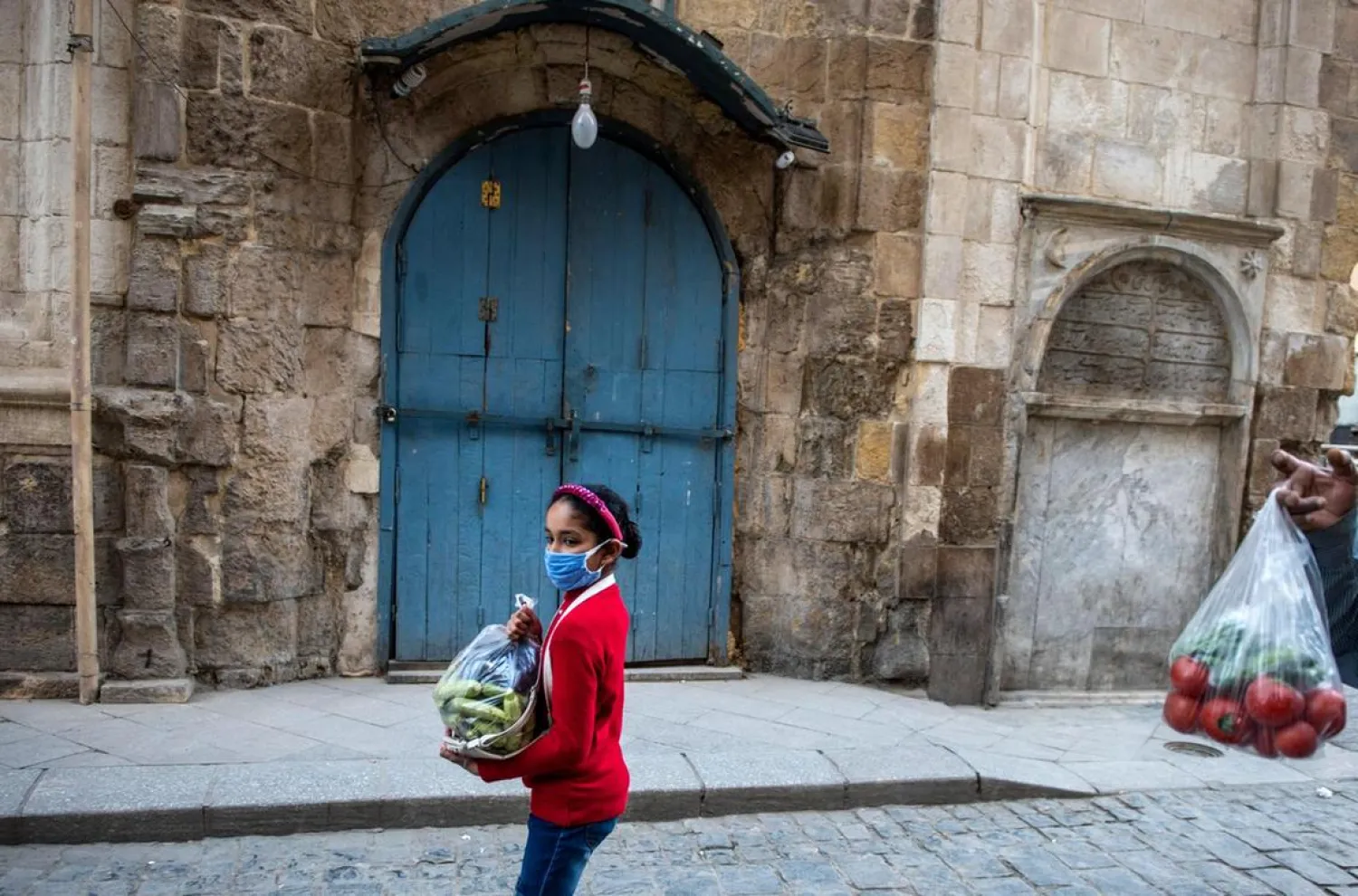The Egyptian government has extended its precautionary measures to prevent the new coronavirus outbreak in the country, including extending night-time curfew.
It did, however, amend the curfew for the holy fasting month of Ramadan, which began on Friday. Curfew will now start at 9 pm instead of 8 pm and run until 6 am, announced Prime Minister Mostafa Madbouly during a news conference on Thursday.
Shopping malls and businesses will be allowed to open on weekends, but they will still be required to close at 5 pm.
He called on Egyptians to avoid gatherings, noting that the government hopes this will help curb the spread of the virus.
“The economic group has been reviewing the precautionary measures and their implementation time span,” the PM said, affirming the continuous coordination between relevant ministries and authorities to contain the virus.
Madbouly said the number of infections is expected to rise during the coming period and exceed 200 cases per day, but he reassured people that the government is still capable of containing the virus.
Some restrictions were being eased, he added, but stressed that authorities are ready to reimpose curbs if infections began to exceed predictions.
The government will review the measures in two weeks to decide whether to keep them in place, he revealed.
He cited efforts by countries around the world to gradually reopen their economies, due to major losses and increase in unemployment caused by the shutdowns.
Health Minister Dr. Hala Zayed said the rate of coronavirus infections in Egypt has reached 36 to every one million, according to the latest statistics.
She said this number is small when compared to the global infection rate of 335.5 infections per one million people.
Egypt has reported 3,659 infections and 287 fatalities.









